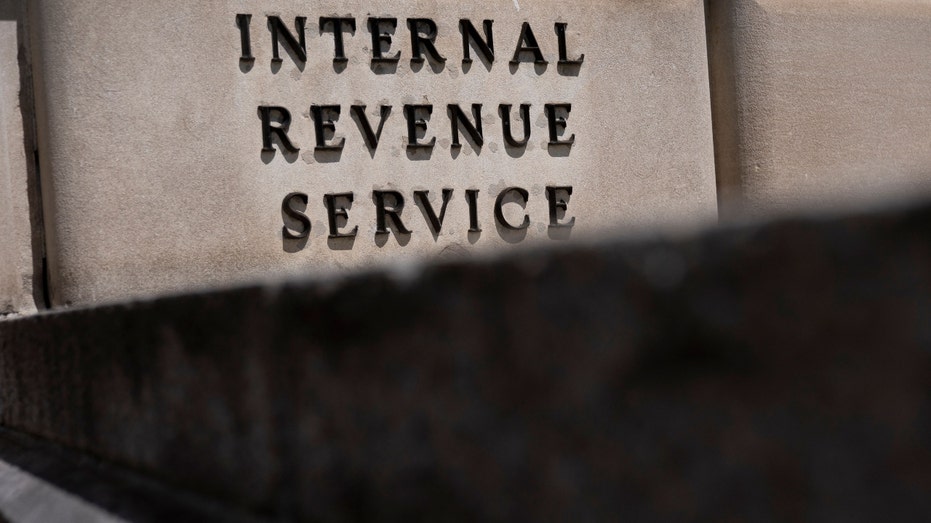Finance
IRS says taxpayers impacted by terrorist attacks on Israel qualify for tax relief

The Internal Revenue Service (IRS) announced Friday that individuals and businesses affected by Hamas’ terror attack against Israel will be eligible for tax relief.
Taxpayers who, because of the Oct. 7 terrorist attack by Hamas on Israel, may not be able to meet a tax-filing or tax-payment deadline or attend to other time-sensitive tax matters will have a one-year postponement period to that date next year.
“Today’s notice postpones various tax filing and payment deadlines that occurred or will occur during the period from Oct. 7, 2023, through Oct. 7, 2024,” the IRS wrote Friday about the postponement period. “As a result, affected individuals and businesses will have until Oct. 7, 2024, to file returns and pay any taxes that were originally due during this period.”
DEADLINE EXPIRES FOR PALESTINIANS TO FLEE GAZA AS ISRAELI TROOPS AMASS AT BORDER
The IRS added that it will “continue to monitor events and may provide additional relief.”
The postponement period applies to tax filing and payment deadlines for both individual and corporate taxpayers.
Eligible taxpayers include:
- Any individual whose principal residence or business entity or sole proprietor whose principal place of business is in Israel, the West Bank or Gaza (the covered area for the postponement period).
- Any individual, business or sole proprietor, or estate or trust whose books, records, or tax preparer is located in the covered area.
- Anyone killed, injured, or taken hostage due to the terrorist attacks.
- Any individual affiliated with a recognized government or philanthropic organization and who is providing assistance in the covered area, such as a relief worker.
HOW TO AVOID SCAMS WHEN DONATING TO ISRAEL AND GAZA HUMANITARIAN CHARITIES

The IRS notes that it automatically identifies taxpayers whose principal residence or principal place of business is located in the covered area based on previously filed returns and the agency applies the tax relief. Other eligible taxpayers can obtain the relief by calling the IRS disaster hotline at 866-562-5227 while international callers can dial 267-941-1000.
If a taxpayer is eligible for relief but receives a late filing or late payment penalty notice from the IRS for the postponement period, the agency says they should call the number on the notice to have the penalty abated.
GLOBAL MARKETS BRACE FOR IMPACT AS MIDDLE EAST TENSIONS RISE

Individuals who had a valid extension for their 2022 return that’s set to run out on Oct. 16 have more time to file, although because payments related to these returns were due on April 18, 2023, the extension doesn’t apply to payments. Similarly, calendar-year corporations with 2022 extensions running out on Oct. 16 have more time to file but not to pay.
Among the other types of tax payments and filings that can be deferred by eligible taxpayers during the period includes:
- 2023 individual and business returns and payments normally due on March 15 and April 15, 2024.
- Quarterly estimated income tax payments normally due on Jan. 16, April 15, June 17 and Sept. 16, 2024.
- Quarterly estimated payroll and excise tax returns normally due on Oct. 31, 2023, and Jan. 31, April 30 and July 31, 2024.
- Calendar-year tax-exempt organizations whose extensions run out on Nov. 15, 2023.
- Retirement plan contributions and rollovers.
The penalty for failure to make payroll and excise tax deposits due on or after Oct. 7, 2023, and before Nov. 6, 2023, will be abated as long as deposits are made by Nov. 6, 2023.
Read the full article here


















